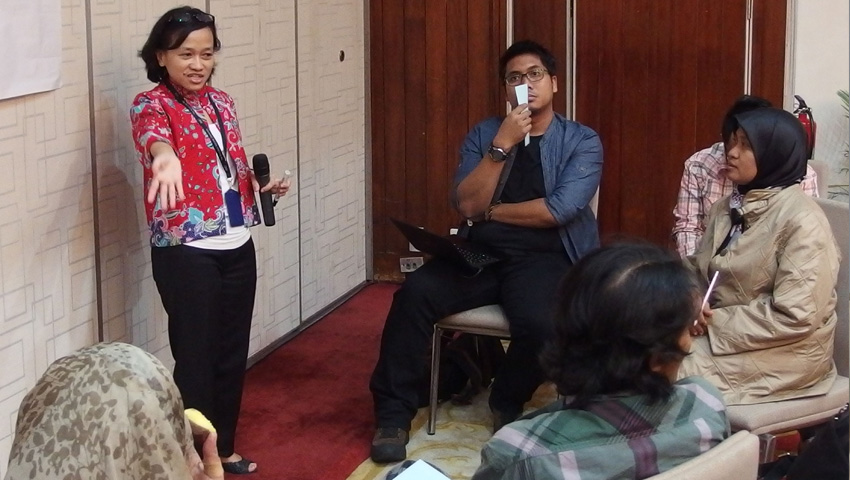Since the Indonesian Government passed the Village Law no. 6/2014, the role of “the village” has become more significant in carrying out the long term development goals that seek to benefit communities as well as the nation. At a deeper level, the Village Law changes the country’s development paradigm - the perspective of “developing the village” (membangun desa) has now shifted to “village-led development” (desa membangun).
The Government, through the multiple ministries that are handling the implementation of the Village Law - mainly, the Ministry of Home Affairs, Ministry of Villages, Disadvantaged Regions, and Transmigration, and Ministry of Finance, must ensure that the Law can be implemented in ways that improve service delivery and reduce social inequality.
With this imperative in mind, the Knowledge Sector Initiative (KSI) working group on Village Development met on October 7, 2015 in Jakarta. The working group discussed priority policy issues involved in the implementation of the Village Law and the need to support and strengthen the role of stakeholders in three areas: the formulation of one overarching design for the implementation of Village Law; assessment of villages’ development performance; and empowerment of village under the law.
Representatives from civil society organisations and research partners also expressed their hopes and expectations to the working group. “We hope that this forum will focus on supporting the position of villages in development, they should no longer be a development object,” said Nuraini from Praxis. Meanwhile, Sunaji Zamroni from IRE mentioned the need to supervise the implementation of the new law. “The regulations should not turn the spirit of the Village Law into tedious administrative work, with villagers having difficulty understanding complex technical terms.” He also added that village communities will now have much more autonomy in their own development. They will need to assess their capacity for development as well.
“We thank KSI for supporting us in carrying out this constitutional task. The Village Law is designed so that development is no longer viewed as a top-down approach. We need to recognise that each village has its own values, characters, and context in handling its issues,” said Anwar Sanusi, the Secretary General from the Ministry of Villages, who also co-led the working group discussion with Hayu Parasati, Director of Urban and Villages, Bappenas. Arifin Rudyanto, Deputy of Regional Development at Bappenas was also present at the meeting. He emphasised that Bappenas provides a framework for the implementation of the Village Law in terms of regulations, institutions, and investment. He underlined the important linkage between cities and villages and thus, the interconnection of policies.
The three priority areas mentioned above will be discussed in more detail at upcoming meetings of the working group.






